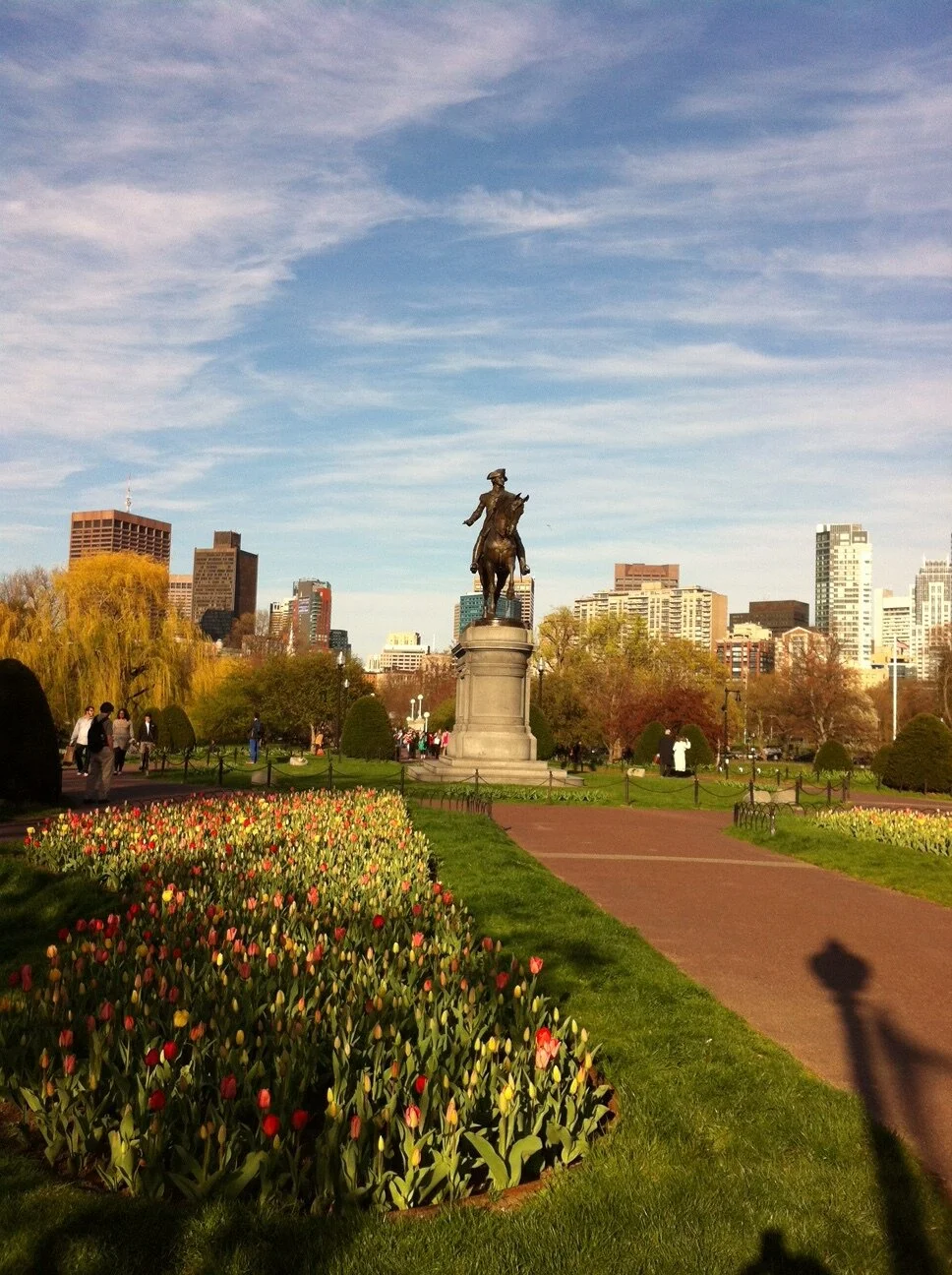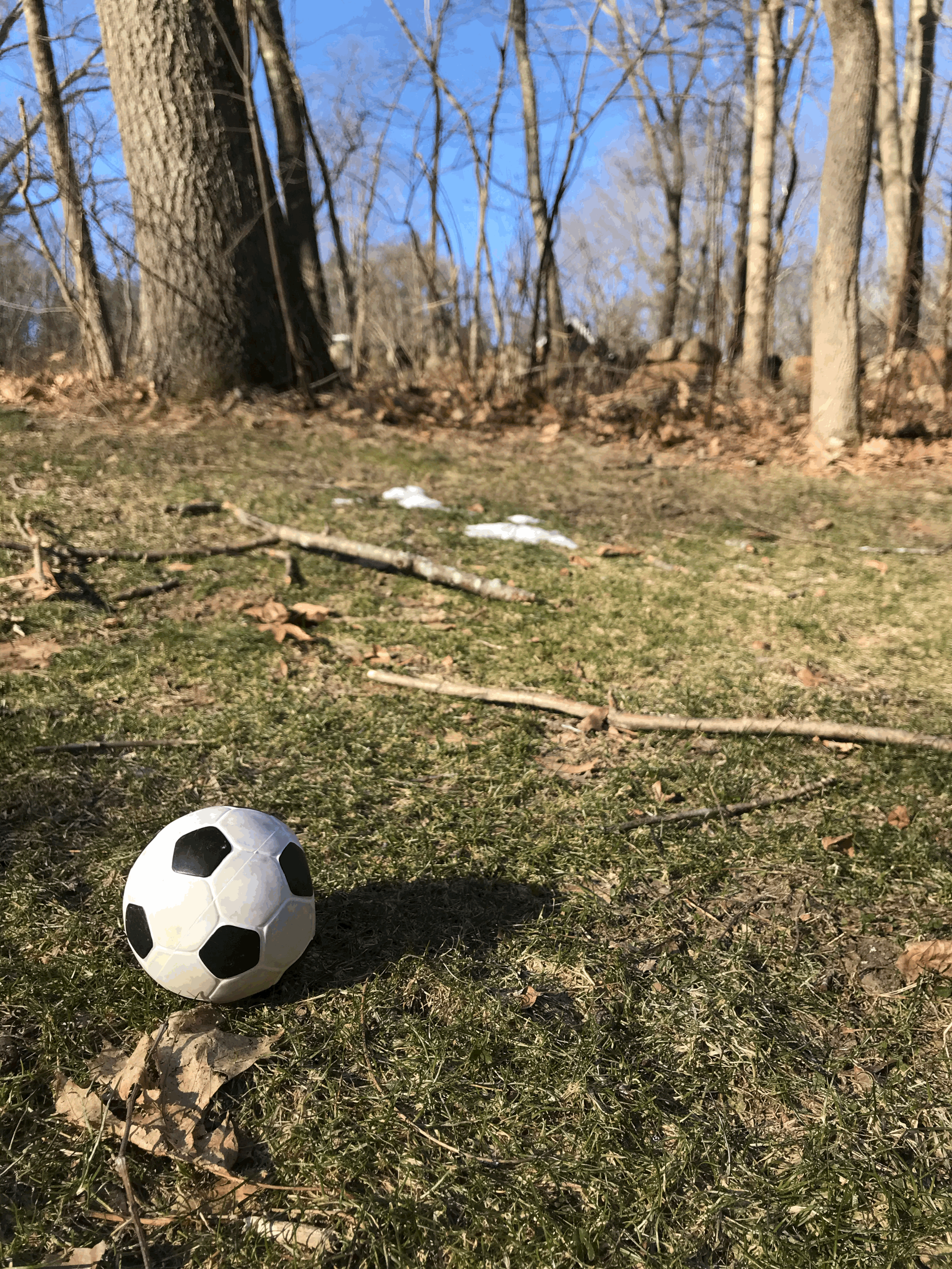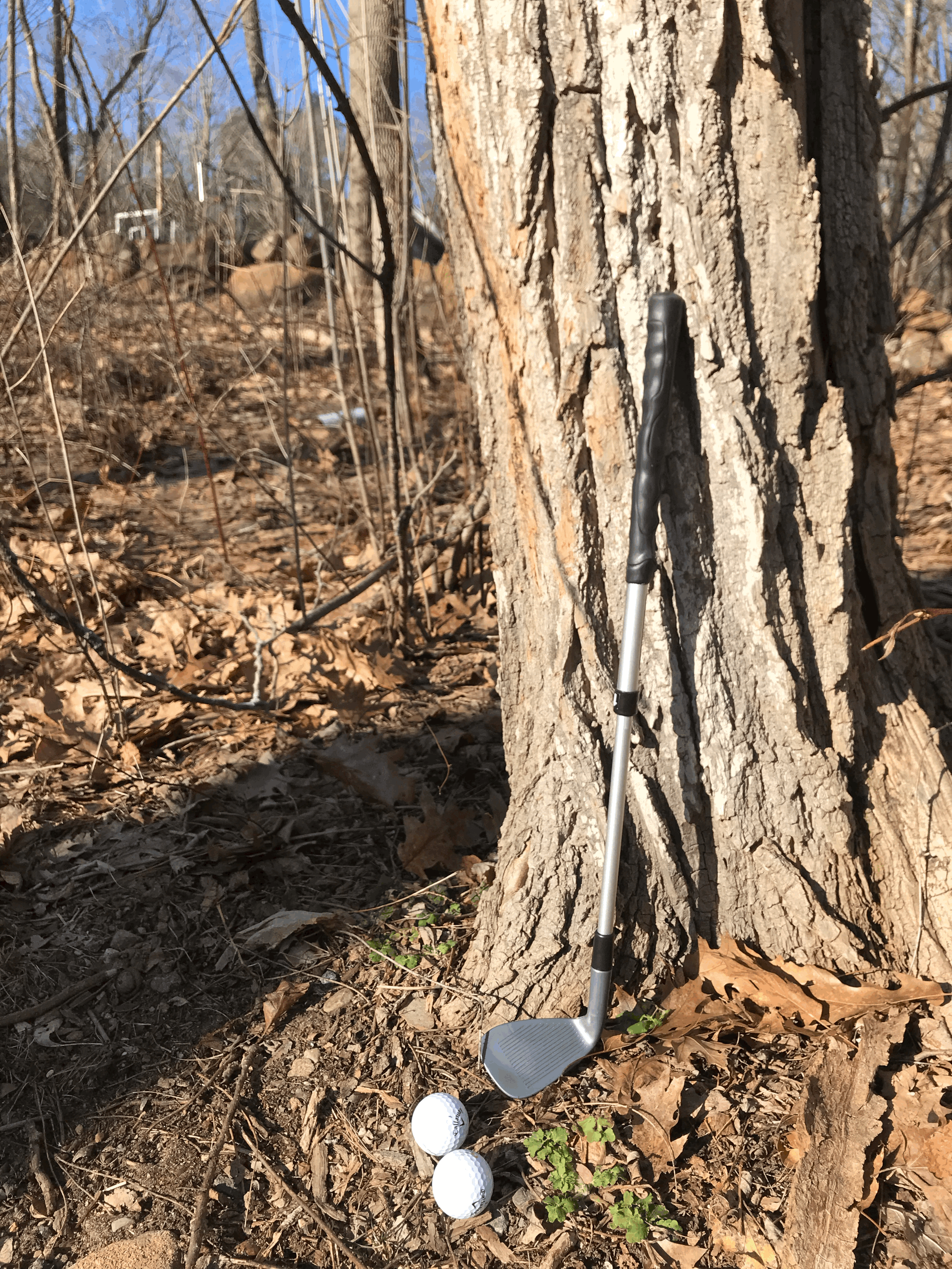Spotlight: Seven Hills
This week features the Seven Hills Community Connections program. Brad Ayotte, Therapeutic Recreation Director, spoke with us about the trials they experienced over the last year and the hope they have to return to normal. He uses his background in sports medicine and athletic training, to bring inclusive fitness to the community he loves in Worcester, Massachusetts.
What does the Therapeutic Recreation department of Seven Hills do?
The therapeutic recreation department encompasses a lot of things. We use a variety of recreation activities as a way to bring people together to create an inclusive environment for our individuals. Our main goal is to bring smiles to faces and we work hard to bring positive events to those that we serve.
Through the recreation department, we offer those that we serve an opportunity to highlight their interests. We have locations in a few cities across the state. We are constantly asking our clients what they are interested in and what we can mold into an inclusive gathering. Before the COVID-19 pandemic, we offered a lot of in-person activities. For example, we would use our APiRE! building to host dance classes in the ballroom led by an instructor. This gave clients the opportunity to get together with individuals they’ve built relationships with and participate in their interests together. Other recreation activities we have offered include making birdhouses or woodworking classes. Caregivers are always welcome to join with the individuals.
Our department also partners with resources in the community to help connect people to their personal areas of interest and choice through a variety of classes, team sports and workshops. We partner with outside organizations, such as Special Olympics. We have 14 teams of different sports throughout the year and participants choose what they would like to participate in. If someone has an interest in something and we do not have that program, we work hard to put it together. We really listen to our customers and make it happen for them. The therapeutic recreation department has also formed partnerships with many other local organizations. We also send out information to hundreds of people in the community to recruit staff to assist in our programs.
How have the people you serve been impacted by the past year?
We cannot see each other, but we have had to figure out how to communicate effectively with our clients. Our department has also been working hard to promote optimism, that once the pandemic ends we will all be able to meet again. For a while, the COVID-19 pandemic put a damper on optimism, but we are hopeful and looking forward to getting things back together. We are constantly relaying the information to our clients as we have it.
We transitioned many of our programs from face-to-face to Zoom and used the Zoom meetings as an opportunity to let our clients talk about the COVID-19 pandemic and how it was affecting them. This opened up the ability for our individuals to ask questions. The Zoom sessions were promoted with a sense of structure. For example, we led an art group, and we started the meeting with a drawing activity and then allowed the conversations regarding how clients were coping with the COVID-19 pandemic to flow naturally.
Due to restrictions in our state, our organization was unable to have formal gatherings over the past year. Some very dedicated coaches and athletes are part of our organization. The unknown at the beginning of the COVID-19 pandemic last year was difficult because no one had the answers to when things would end. Some coaches kept their teams together and remained in contact with them throughout the year. One coach, in particular, Tyrone, hosted two Zoom meetings per week, one recreational meeting and one sports-specific training-related meeting. He would host a Zoom team dinner on Sunday nights. When case numbers were down, he put together a socially distanced, outdoors practice with a required COVID-19 questionnaire. Athletes stayed far apart from each other on the field while training. A swim coach, Annmarie, put together a dry land exercise routine for athletes. We sent information to our clients about Special Olympics, who had organized Zooms for recreation softball and put together golf tutorials. We connected our golf team to Special Olympics, which allowed participants to golf with a person from their household once golf courses opened up.
What changes have you implemented over the past year that you are likely to keep moving forward?
Mostly we will go back to setting up our in-person events again. We are already starting to plan our events for later this year and are hopeful that things will continue to improve so we are allowed to have them. Our state is planning to move to Phase 4 of reopening in the near future which brings us hope. We are using the CDC and state guidelines to plan for gatherings. I would be interested in continuing some of the Zoom meetings in order to engage with clients and learn more about what they might like to see out of our program.
How does your organization promote inclusion in fitness?
If someone wants to become part of a team, we have options for competitive teams and options for fun recreational activities. If someone is unable to be part of a formal team for any reason, our department will work with them to see if we can put together a team or group so that they have the opportunity to do what they want to do. At every practice or game I attend, I am constantly promoting the Special Olympics slogan “Choose to Include”. Inclusion for all is really important to us.
Do you have any advice for someone looking to start or join an inclusive exercise group?
Be your best advocate. If there is something that you crave or desire to do, the best thing for you to do is go for it. Go get the information you need in order to participate. If you want to be a basketball player, go out there and be a basketball player.
Don’t let anything deter you from doing what you want to do.



